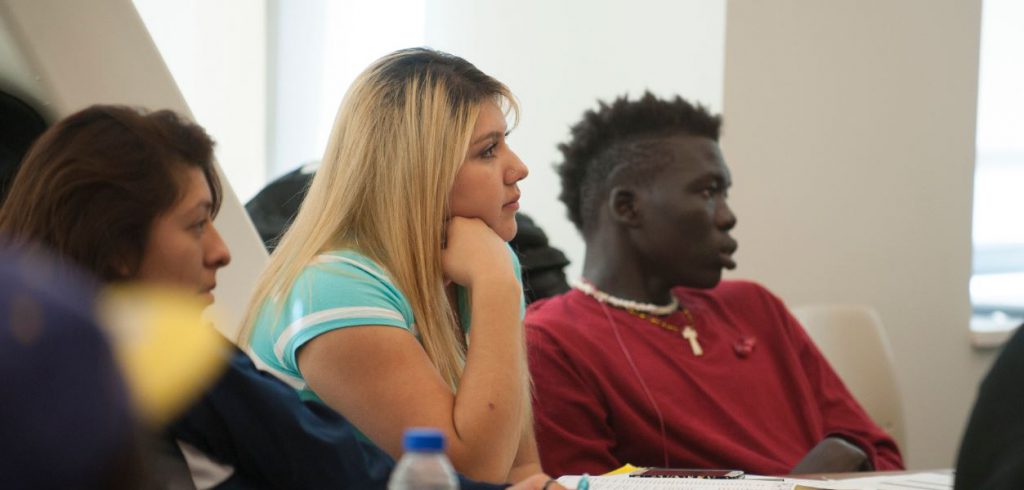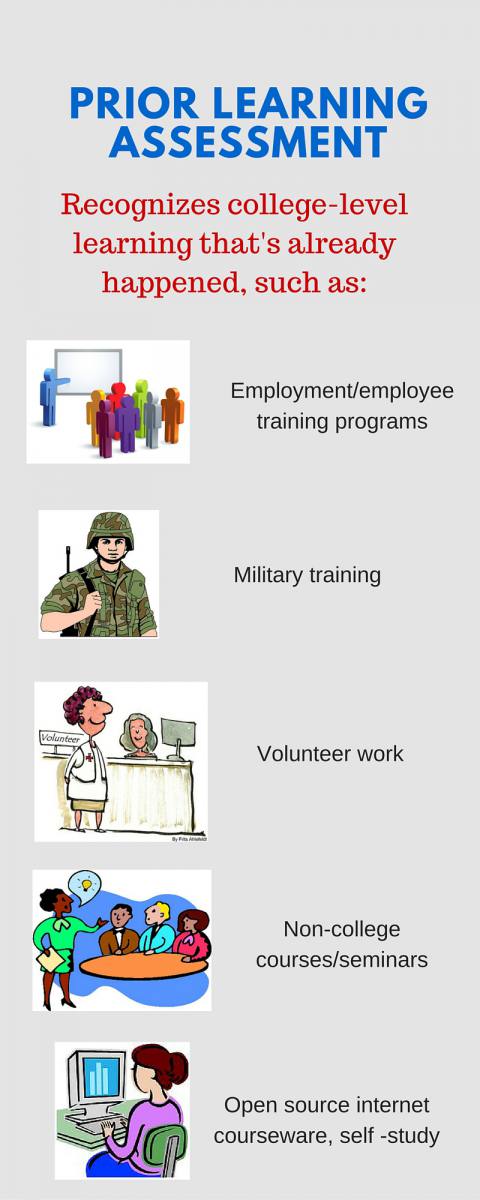The Utah Legislature held a joint education conference with all legislators serving on education committees as well as the governing boards of the three education entities – The State Board of Regents, the Utah College of Applied Technology Board of Trustees, and the Utah State Office of Education. The two-day conference took place September 2-3 at Southern Utah University. One of the primary themes was the role of competency-based education.
Competency-based education, or CBE, is generally viewed as a move away from the traditional definition of “seat time” for credit to a student proving mastery of a set of competencies through assessments. Not an entirely new concept in higher education, CBE has gained increased attention recently as a greater focus is placed on training students for the 21st century workforce: stressing higher order learning goals of inquiry and analysis, critical and creative thinking, integrative and reflective thinking, written and oral communication, quantitative literacy, information literacy, intercultural understanding, and teamwork and real-world problem solving.
Such learning provides flexibility in earning college credit through such means as prior learning assessment, personalized online and blended learning, and project-based learning. Generally, this type of learning leads to increased student engagement because students are assessed on relevant content and real-world experience. These skills are also embedded in USHE’s Essential Learning Outcomes, as part of its general education requirements at all USHE institutions.
Salt Lake Community College
As the state’s largest provider of two-year degrees as well as the Applied Technology College for the largest county in the state, Salt Lake Community College has made deliberate strides in incorporating CBE models to enhance the student experience and provide flexible learning options.
SLCC is moving all of its programs within its Applied Technology department to a competency based, flexible schedule model. Some of the notable characteristics of its programs include:
- Students can enroll on most Monday’s throughout the year, without waiting on the academic calendar.
- Students prove mastery of competency through two forms of assessment – written and practical – built in Prior Learning Assessment.
- Technology, improved curriculum design and “always-connected” students enable effective hybrid in-classroom and online instruction — students must be present in the classroom at least once per week.
- Students save time/money by accelerating through curriculum – must maintain satisfactory academic progress.
- Moving towards “all you can eat” model of learning, which means that a student pays for block of time, accomplishes as much as possible during that time — only pays for what they use. (Federal student aid is not allowed to be used in this pilot program, so SLCC is waiting for info from the Federal Government on their designation as an experimental site).
- The training is stackable towards SLCC’s two-year degree programs as well.
The College is leveraging funding opportunities with the U.S. Departments of Education and Labor to help seed its CBE-focused initiatives. Currently, one of the major roadblocks to more expansive implementation of CBE programs is limitations of federal student aid that is based on seat time. SLCC is one of 45 institutions nationwide that have been granted “experimental permission” to experiment with CBE with a waiver from certain financial aid rules which gives colleges some impetus to implement emerging forms of higher education. SLCC also received grant funding to establish 24 CBE programs within 24 months.
Prior Learning Assessments
Together with CBE, learning gained outside traditional academic environs – or Prior Learning Assessments – are part of a larger trend focusing on college completion and workforce development. Higher education has long had some prior learning assessment (PLA) models in place through programs such as Advanced Placement (AP) and College Level Examination Programs (CLEP). However, data show that a growing number of people in the workforce gain pertinent skills and knowledge through their careers, some of which may map onto college learning.
USHE recently launched a statewide pilot in Prior Learning Assessment (PLA), with a specific focus on returning and working adults in partnership with the Council for Adult and Experiential Learning (CAEL). Given USHE’s Essential Learning Outcomes, this pilot is a particularly fitting opportunity for Utah’s public colleges and universities to help students demonstrate their learning and how it is applicable to a degree.
PLA does not aim to replace classroom learning. Rather, it seeks to recognize college-level learning that has already taken place, no matter how or where it was acquired.
A 2010 Lumina Foundation/Gallup survey of more than 62,000 adult students at 48 colleges and universities found students who received credit for some type of prior learning were more than 2.5 times more likely to complete a degree or certificate – regardless of gender, race, GPA or financial aid status. The same survey showed 75 percent of respondents would be more likely to enroll in college if they could receive credit for what they already know. PLA may also help more Latino students complete college, as the Council for Adult and Experiential Learning found that Latino students were eight times more likely to complete college if they had received some credit for prior learning. According to the U.S. Census, only 9.8 percent of Utah Latinos have a college degree, compared to 41 percent of the population aged 25 and above.
Moving Ahead
CBE models that employ high-quality assessments for prior learning have the potential to be powerful tools to increase Utah’s college attainment levels. These policies require additional resources to ensure accurate, personalized assessments as well as to maintain academic and skills standards that employers require.
Currently, federal student aid policies inhibit CBE and, in some instances, credit for prior learning. These need to be re-engineered to meet the needs of today’s students. Students must also understand their assessment options so they can take full advantage of the opportunities to rightly advance in their programs of study.


